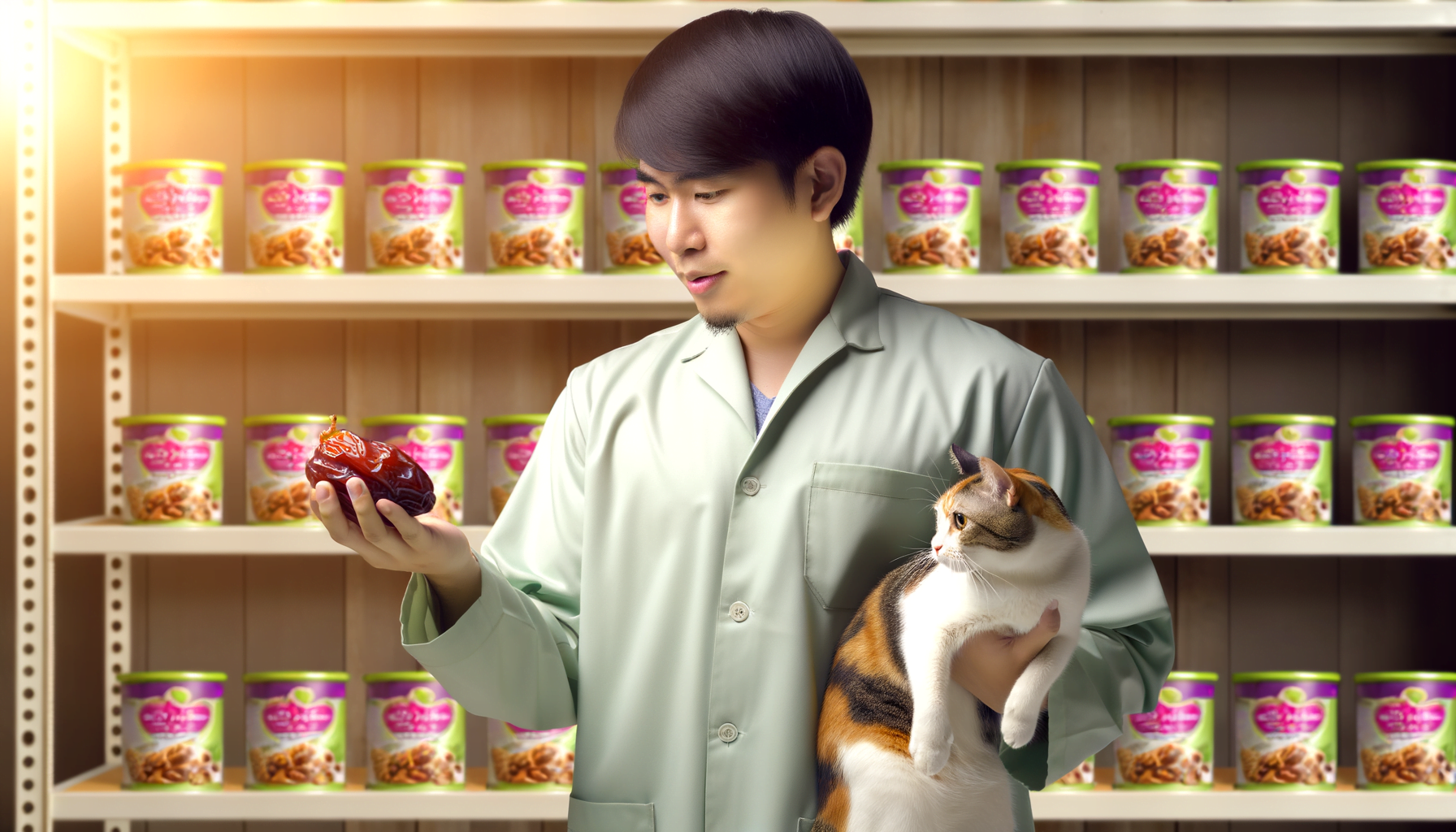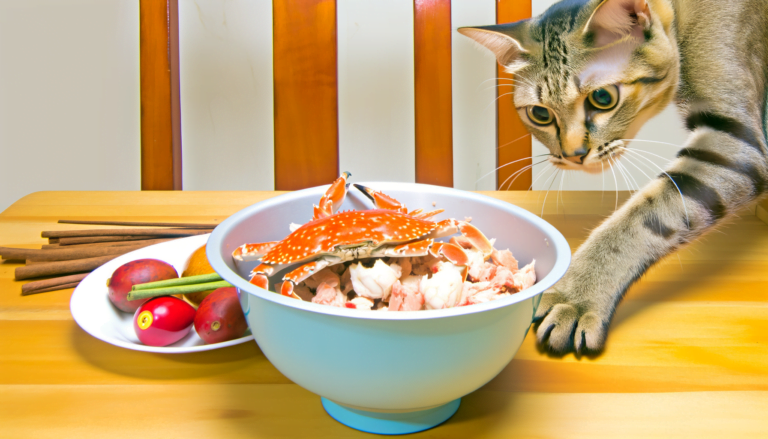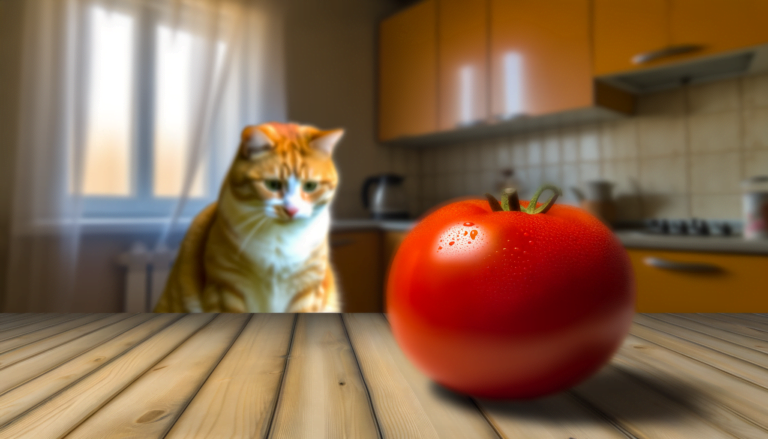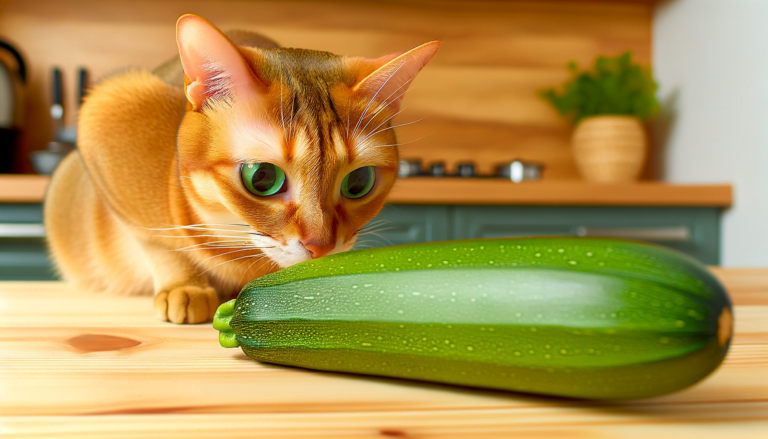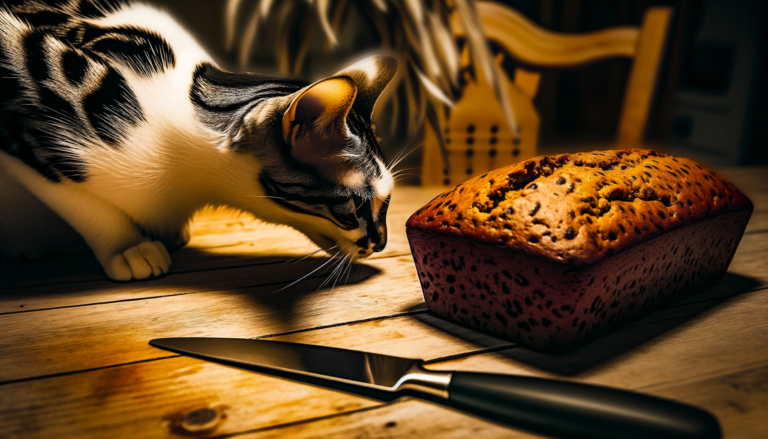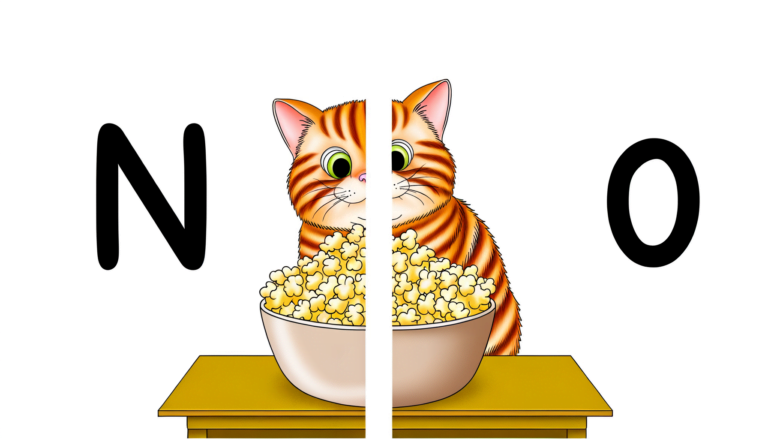Deciphering Feline Diets: Can Cats Safely Eat Dates?
While cats can technically eat dates, it is not recommended to include them in their diet as they offer no nutritional benefits and can cause digestive issues. Being obligate carnivores, cats require a diet primarily consisting of meat to thrive. Dates, being rich in sugars and fibers, are not easily digestible for cats, leading to potential gastric disturbances. Therefore, gifting your feline friends with their specially made cat treats would be a safer choice than handing them dates.
Understanding a Cat’s Dietary Needs
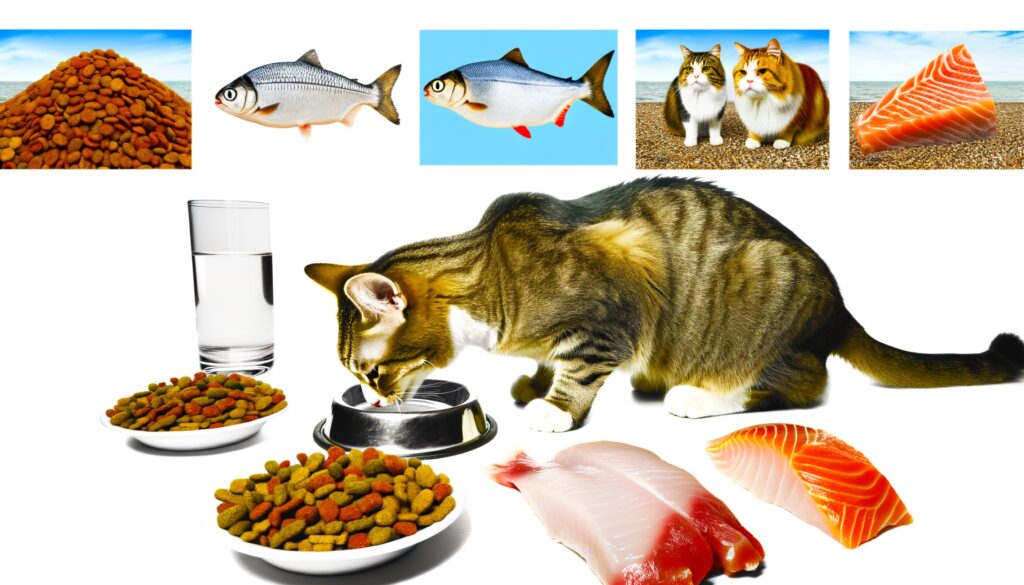
When examining the dietary needs of cats, it’s important to acknowledge that cats are obligate carnivores. This denotes their absolute necessity for meat in their diet. Protein from animal sources play a vital role in their nutritional intake. Cats require a range of nutrients, including taurine, arachidonic acid, and vitamins A and D, which are found naturally in animal tissues. This is a key element in the understanding of a cat’s dietary requirement.
In relation to plant-based foods, felines lack the specific enzymes needed to break down plant materials effectively. So, while humans find value in a variety-rich diet, this is not an essential feature for our feline companions. Most of a cat’s essential nutrients should come from animal-based proteins. They can also utilize carbohydrates but in a more limited way compared to humans and dogs, given their evolutionary adaptation towards a meat-centered diet.
When considering feeding fruits like dates to cats, remember these are not a natural part of a cat’s diet. Yes, cats might show interest in certain fruits, but their bodies are not designed to process such foods. Therefore, adopting a fundamental understanding of a cat’s dietary requirement, and adhering to this, is the safest and most health-beneficial approach to take.
Alternative Safe Fruits for Cats
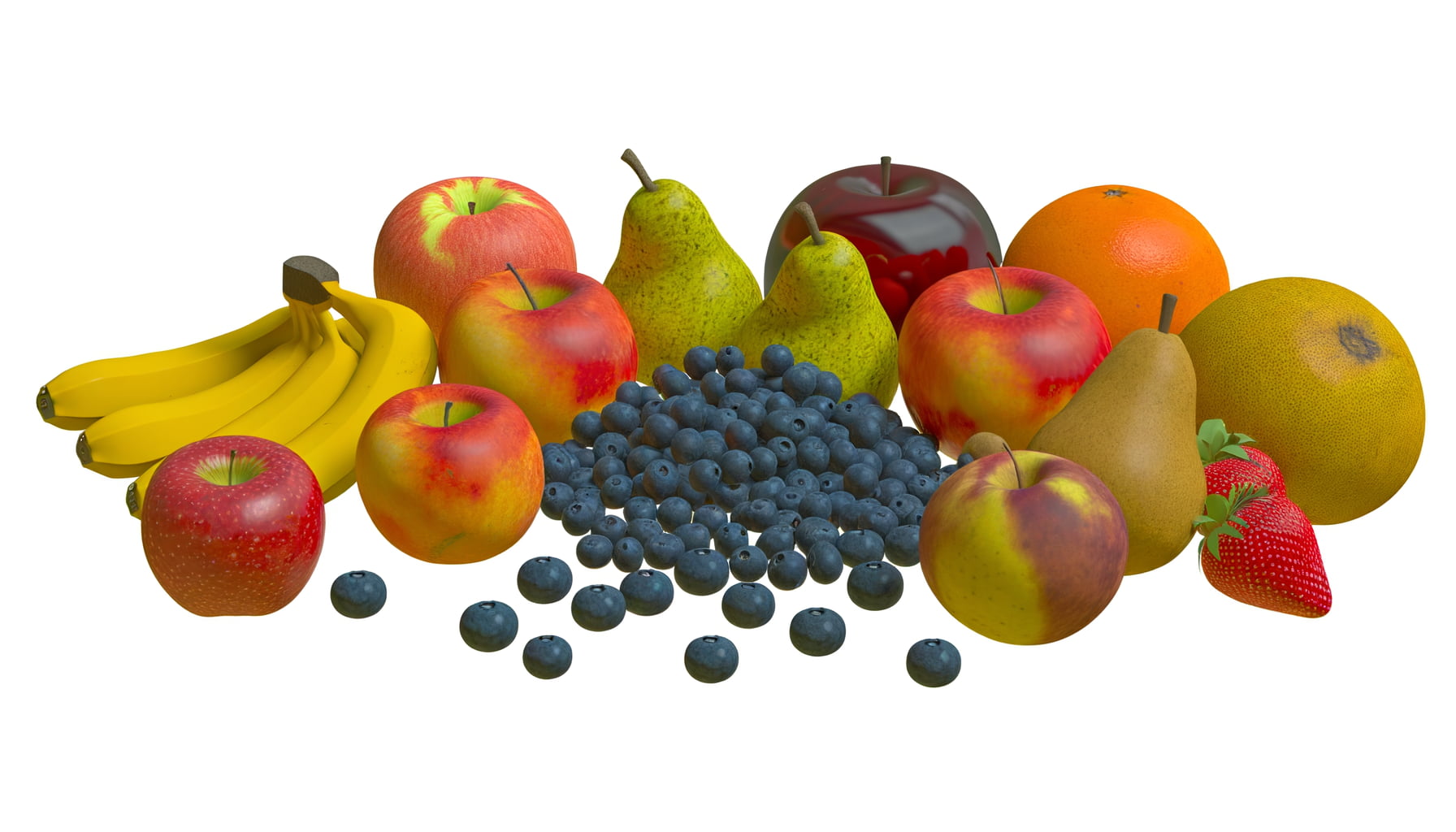
Cats have particular dietary requirements, and not all fruits are safe for them. While dates can contribute to a feline diet in small amounts, other fruits can offer comparable nutritional benefits with less potential for harm.
Pawpaw, both luscious and aromatic, pose minimal risk to cats when served deseeded and in moderation. They are a rich source of antioxidants like beta carotene, vitamins C, and E. Moreover, pawpaw enzymes can aid in a cat’s digestion. Apples, remarkably high in fiber and vitamin C, can give cats a mild health boost when provided appropriately. Ensure to remove seeds and core before serving to your feline friend.
Blueberries can be a safe, tasty treat, rewarding cats with high levels of antioxidants. However, all these fruits should be introduced slowly to a cat’s diet, observing for any adverse reactions. Upsetting the balance of their diet or causing gut discomfort isn’t worth the additional nutrients. Also, fruit should never constitute the majority of a cat’s diet.
The Nutritional Content of Dates
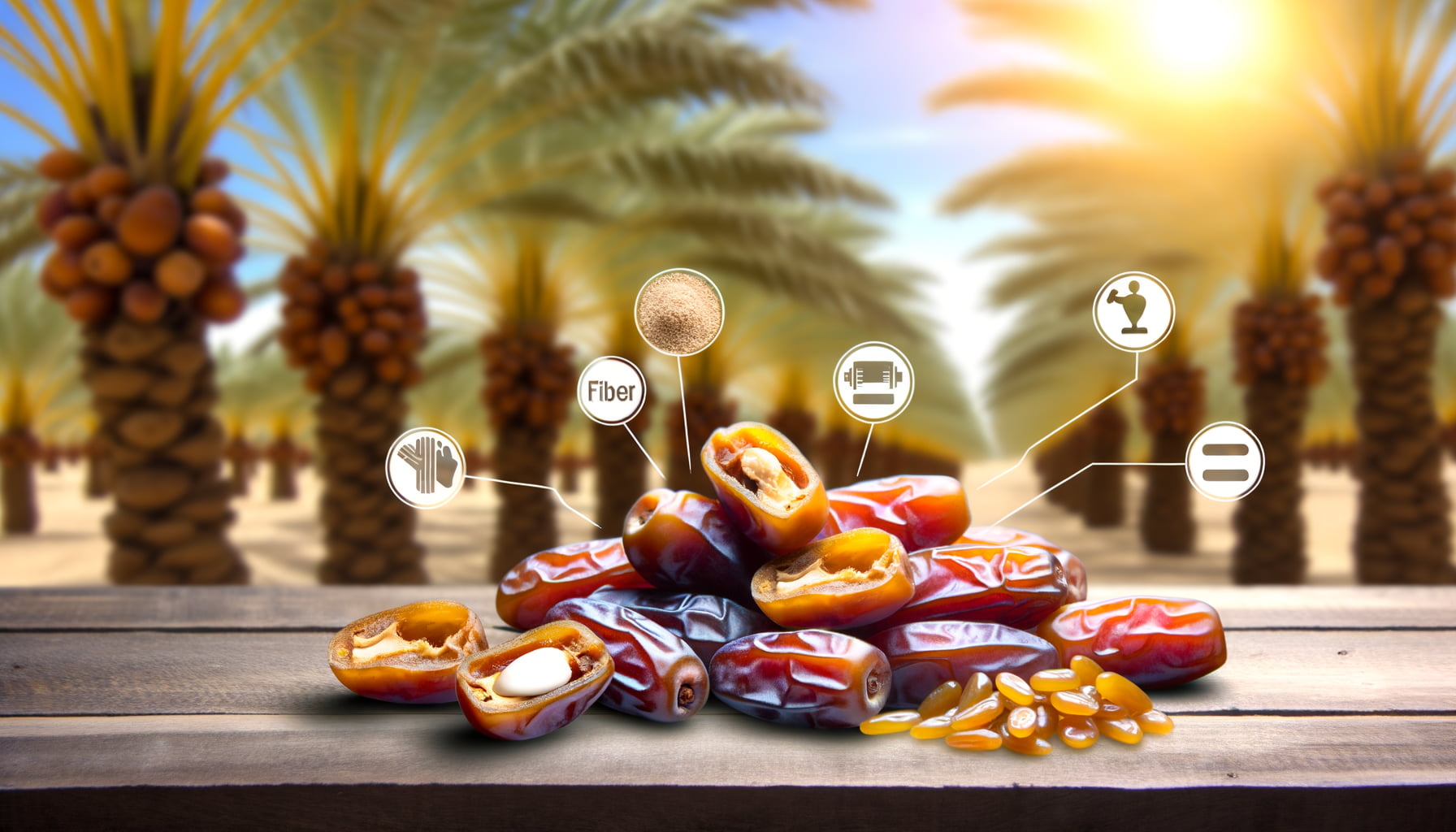
When considering the nutritional composition of dates, they are miniature powerhouses of nutrients. These sweet fruits, popular in many global cuisines, are high in natural sugars and carbohydrates, which can provide quick energy. Furthermore, they are rich in fiber, benefiting digestive health. Dates also offer noteworthy amounts of potassium, magnesium, and copper, as well as other trace minerals necessary for optimal health.
Additionally, this fruit is a good source of various vitamins, namely vitamin B-complex and vitamin A. The former is essential for a range of bodily functions, including energy production and red blood cell formation, while the latter supports good vision and immune function.
In terms of antioxidants, dates contain potent compounds such as flavonoids, carotenoids, and phenolic acid that have health-promoting properties, combating oxidative stress in the body. However, it’s important to remember that while these nutrients are beneficial for humans, whether they offer the same benefits for cats is a different question.
Potential Health Effects of Feeding Dates to Cats
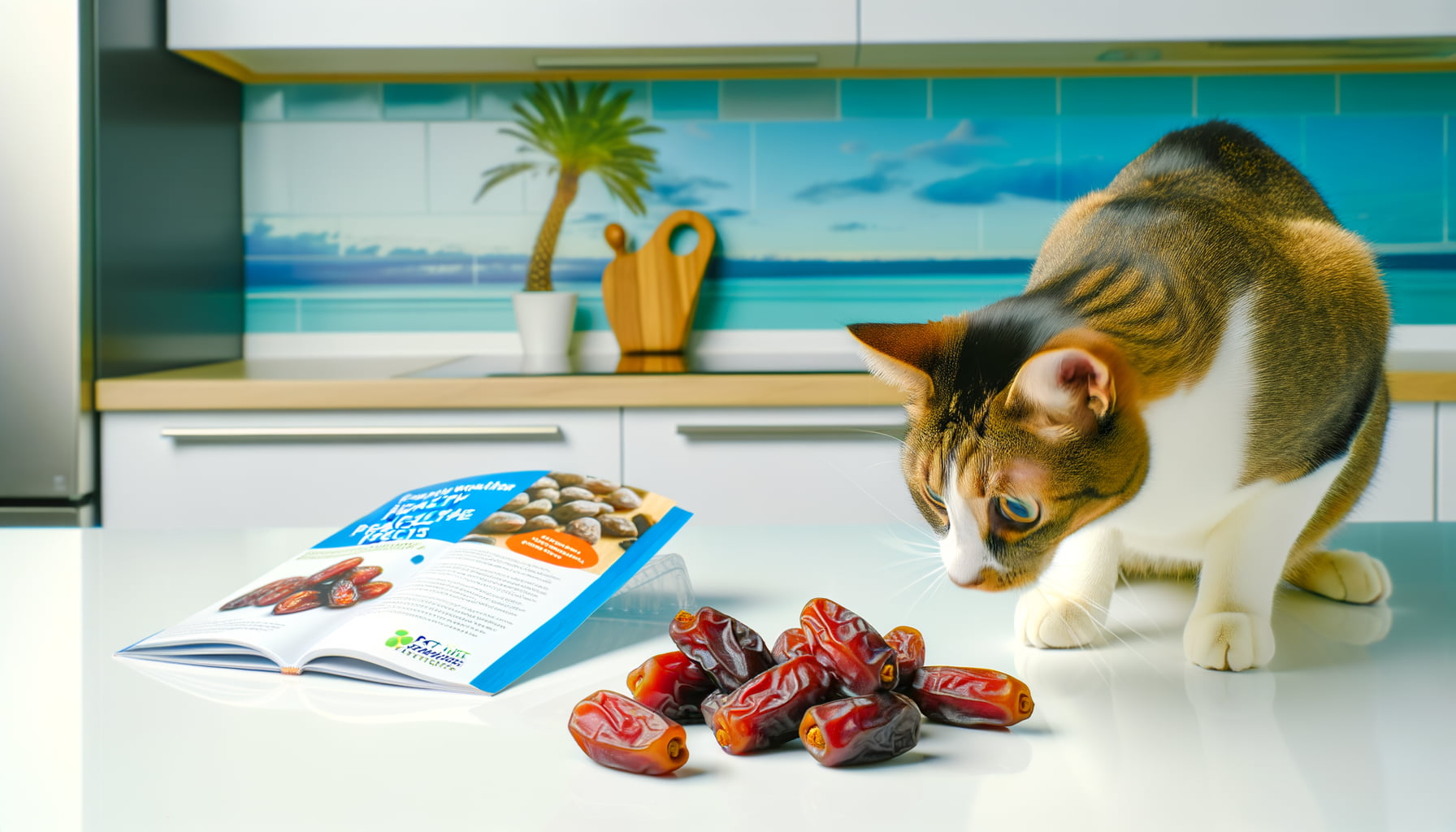
Of utmost importance is recognizing that different species have distinct dietary requirements. Cats, in particular, are obligate carnivores, with a biological need for a diet high in animal protein. Feeding them fruits like dates, therefore, should be carefully considered.
While dates are not toxic to cats, they contain a high sugar content, which can lead to obesity and related health issues if consumed in large amounts. Moreover, cats lack certain enzymes needed to digest plant-derived products effectively, meaning dates can cause gastrointestinal upset in some felines, marked by symptoms like diarrhea or vomiting.
Additionally, it’s paramount to remove the pit from the date before offering it to your cat. The date pit represents a potential choking hazard and, if ingested, can possibly result in intestinal blockage. Therefore, even though cats can technically eat dates, it’s advisable to only offer them in small, infrequent amounts, or better yet, consider more suitable fruits as occasional treats.
Conclusion
Cats can thrive on a diet specifically designed for their carnivorous nature, so it’s best to steer clear of feeding them dates. While dates may offer some nutritional benefits for humans, they can be potentially harmful to cats due to their high sugar content and the risk of causing digestive issues. When it comes to feline diets, it’s essential to stick to foods that are safe and suitable for their unique nutritional requirements.
Understanding what your cat can safely eat is crucial to their overall health and well-being. Opting for a balanced diet that meets their specific dietary needs ensures that they receive the necessary nutrients without any potential risks. When in doubt, always consult with a veterinarian to ensure that you’re providing your feline friend with the best diet possible for their optimal health.
